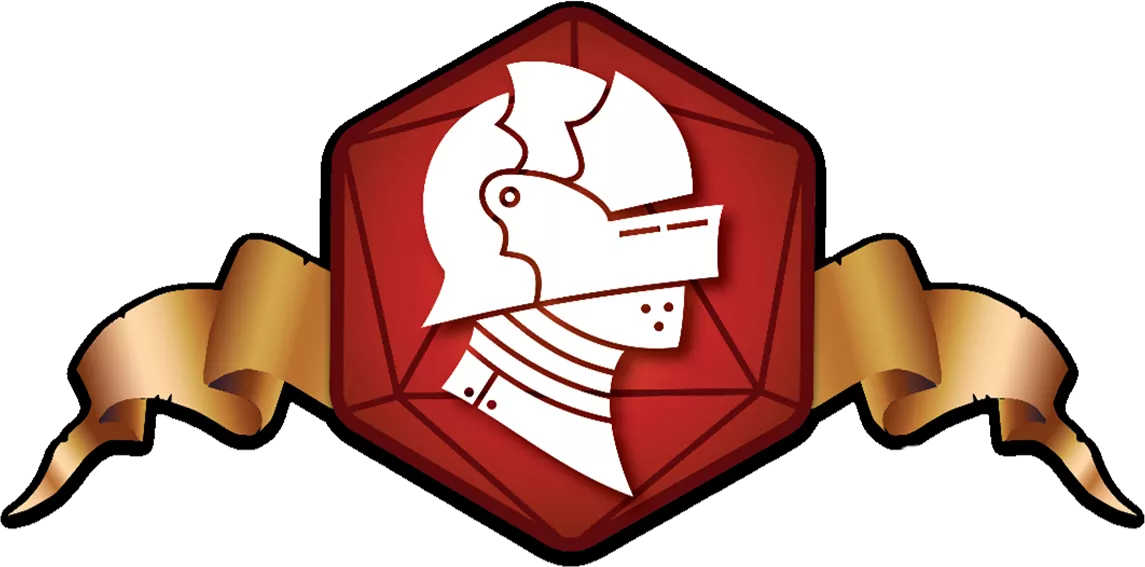
Board Games: Fun and Social Skills Development
Board games are a fantastic way to bring people together for a fun and engaging experience. But did you know they can also be a powerful tool for developing social skills? Here’s how board games can be therapeutic in this regard:
Creating a Social Environment:
Interaction and Communication:
Board games naturally involve turn-taking, negotiation, and communication. Players need to explain their moves, listen to others, and express themselves clearly. This regular practice strengthens communication skills.
Social Bonding:
The shared experience of playing a game fosters a sense of connection and belonging. Players laugh, cheer each other on, and sometimes commiserate together, building social bonds and friendships.
Developing Social Skills:
Turn-Taking and Patience:
Board games teach the importance of waiting your turn and respecting others’ time to think and act. This is crucial for developing patience and understanding social cues.
Healthy Competition:
Games can involve a competitive element, but in a safe and controlled environment. This allows players to learn how to be good winners and good losers, a valuable skill for navigating social situations.
Problem-Solving and Collaboration:
Many board games require players to work together towards a common goal. This collaborative aspect encourages teamwork, problem-solving, and strategic thinking – all essential social skills.
Emotional Regulation:
Board games can sometimes lead to frustration or disappointment. They provide a safe space to practice managing these emotions in a social setting, learning to express them constructively.
